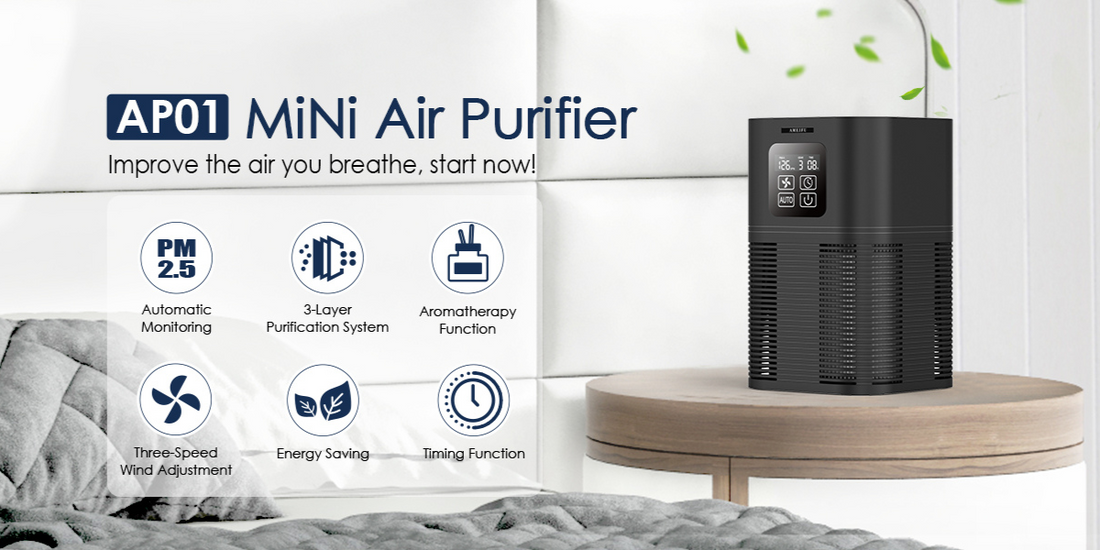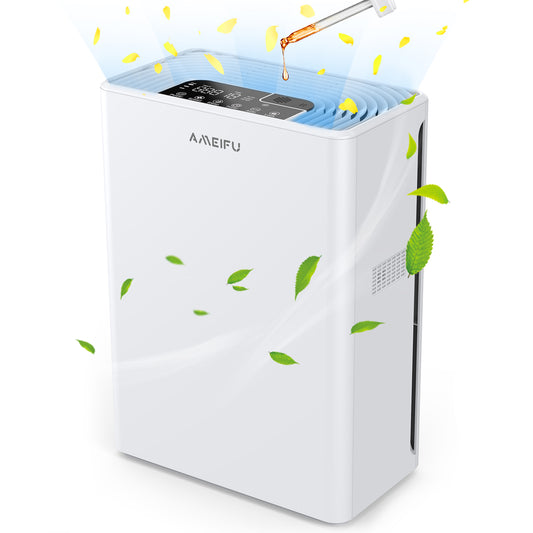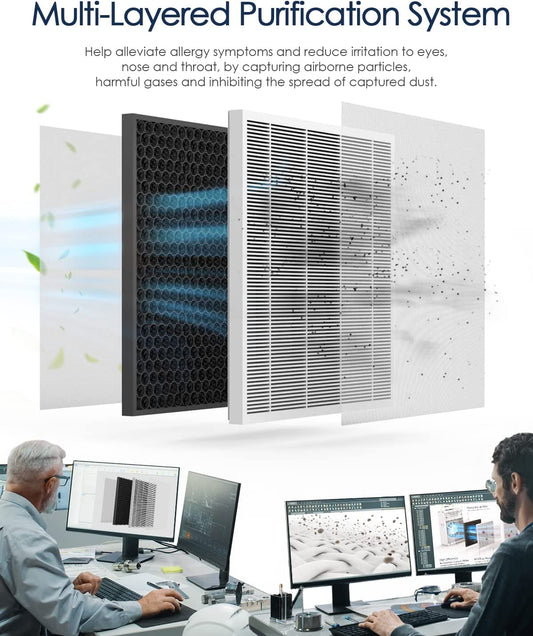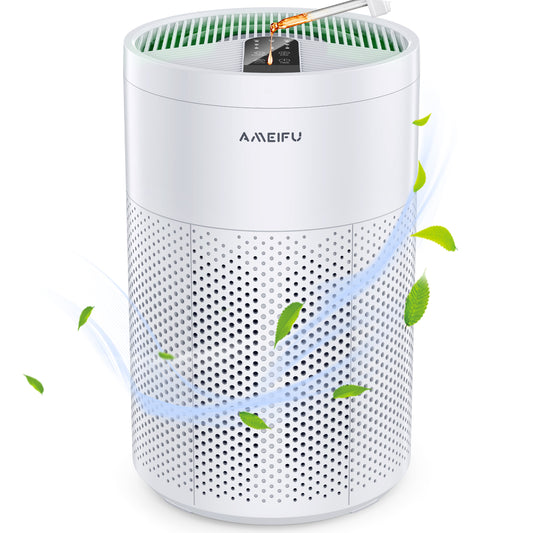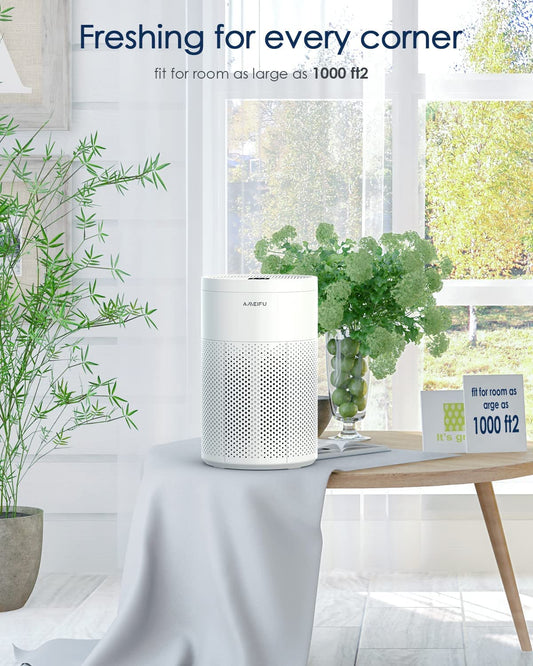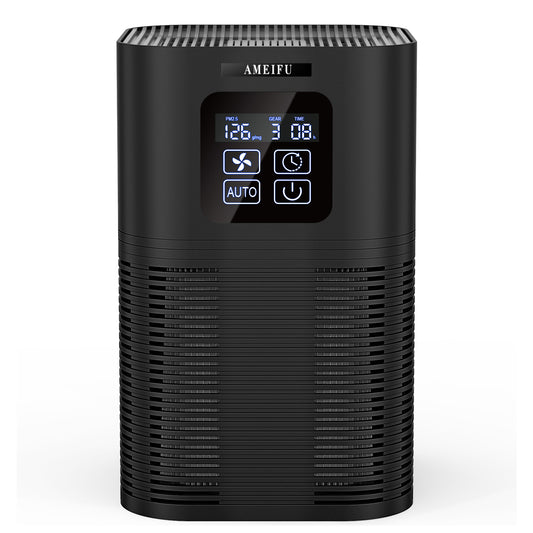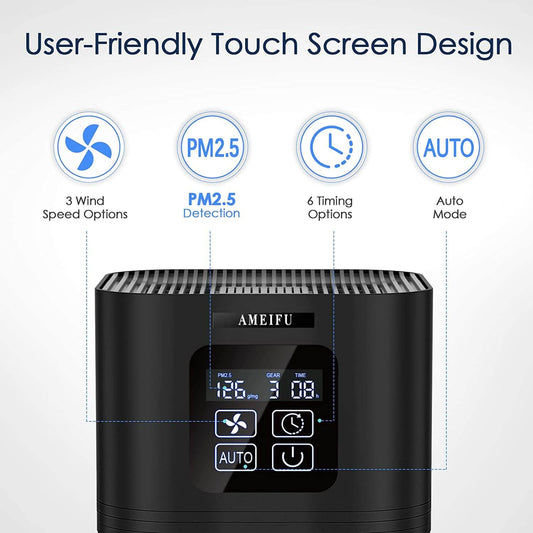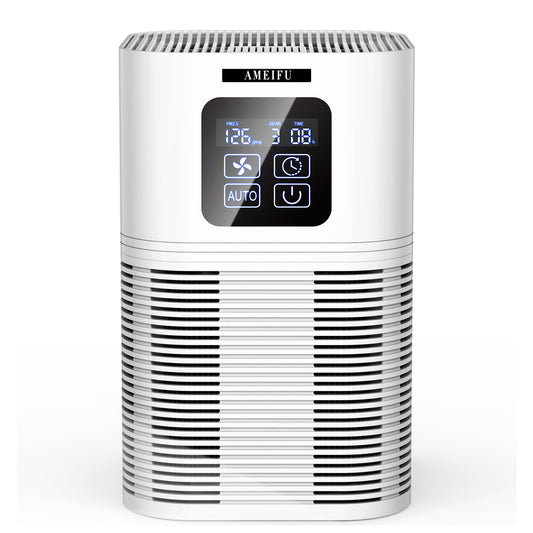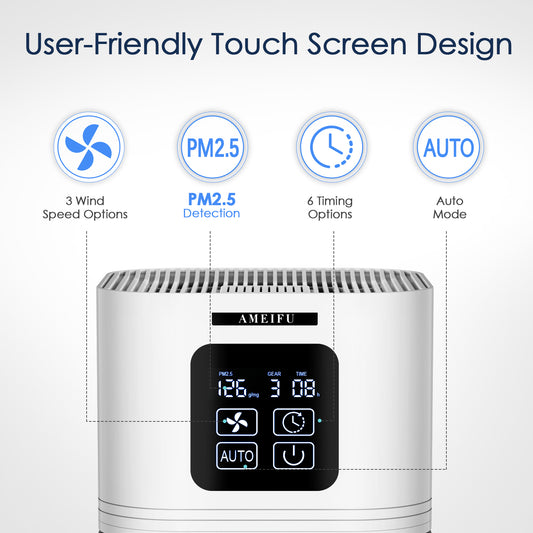Air purifiers have gained significant popularity in recent years, as people strive to improve indoor air quality and promote a healthier living environment. However, concerns about energy consumption often arise when considering the use of these devices. In this article, we will delve into the question, "Do air purifiers use a lot of electricity?" By understanding the factors that impact energy consumption and debunking common myths, we can gain a clearer perspective on the actual energy requirements of air purifiers.
Understanding Energy Consumption
Power Consumption and Efficiency
When evaluating the energy usage of air purifiers, it is crucial to consider their power consumption and efficiency. Power consumption is typically measured in watts (W), and it refers to the rate at which electrical energy is used. Efficiency, on the other hand, indicates how effectively the device converts electrical energy into its intended purpose—cleaning the air.
Factors Affecting Energy Consumption
Several factors contribute to the energy consumption of air purifiers:
- Size and Coverage Area: The size of the room and the air purifier's coverage area can influence its energy usage. Larger rooms or spaces will require air purifiers with higher capacity and, consequently, potentially higher energy consumption.
- Fan Speed and Settings: Most air purifiers offer multiple fan speed settings. Higher fan speeds typically result in greater air circulation and more efficient air cleaning, but they may consume more energy. Adjusting the fan speed to match the room's requirements can help optimize energy usage.
- Filtration Technology: Different air purifiers employ various filtration technologies, such as High-Efficiency Particulate Air (HEPA) filters, activated carbon filters, or electrostatic precipitators. The type and quality of the filtration system can impact energy consumption.
Debunking Common Myths
Air Purifiers as Energy Guzzlers
Contrary to popular belief, air purifiers are not significant energy guzzlers. Most modern air purifiers are designed with energy efficiency in mind. They utilize advanced technologies and smart features to optimize performance while minimizing power consumption. By selecting an ENERGY STAR certified air purifier, you can ensure even greater energy efficiency.
Comparable Energy Consumption
When evaluating energy consumption, it is essential to consider air purifiers within the context of other household appliances. For instance, air purifiers generally consume less energy than refrigerators, air conditioners, or space heaters. Thus, the impact on overall electricity usage is relatively minimal.
Energy-Saving Features
Many air purifiers come equipped with energy-saving features. These features may include programmable timers that allow you to schedule operation hours, auto-off functions when air quality reaches optimal levels, or sensors that adjust fan speed based on detected pollution levels. Leveraging these features can help reduce energy consumption further.
Tips for Energy Optimization
- Choose the Right Size: Select an air purifier that suits the size and layout of your room or space. An appropriately sized air purifier can operate more efficiently and consume less energy.
- Optimize Fan Speed: Adjust the fan speed according to your specific needs. Higher speeds may be necessary during periods of higher pollution levels or when you require rapid air cleaning. However, for routine air purification, lower fan speeds can suffice and conserve energy.
- Regular Maintenance: Maintain your air purifier by cleaning or replacing filters as recommended by the manufacturer. Clogged or dirty filters can obstruct airflow, forcing the device to work harder and consume more energy.
Conclusion
Air purifiers play a vital role in improving indoor air quality, but concerns about energy consumption often arise. By understanding the factors influencing energy usage and debunking common myths, it becomes evident that air purifiers do not use a significant amount of electricity. With the right-sized air purifier, optimized fan speeds, and regular maintenance, users can enjoy improved indoor air quality without substantial energy usage concerns.

